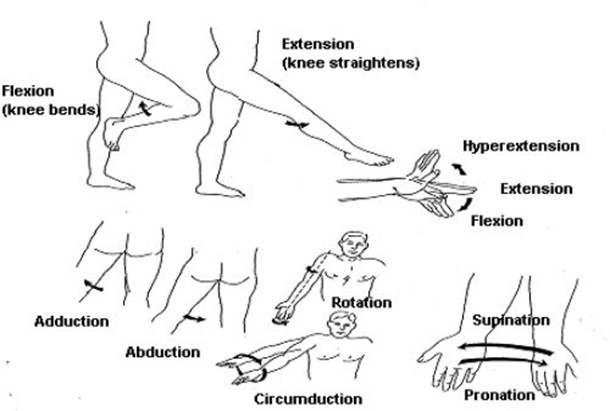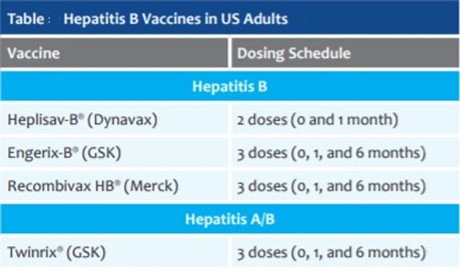A provider has written an order for a medication drip to be started at 12 units/kg/hour. Your client weighs 297 Ibs.
The medication is supplied as 25,000 units in 500 ml. At what rate would you set your pump?
26.7 ml/hour.
28.3 ml/hour.
30.5 ml/hour.
32.4 ml/hour.
The Correct Answer is B
To find the rate of the pump in ml/hour, you need to first convert the client’s weight from pounds to kilograms. You can do this by dividing the weight by 2.2046 or multiplying it by 0.454.
For example:
297 lbs / 2.2046 = 134.72 kg or 297 lbs x 0.454 = 134.72 kg
Then, you need to multiply the client’s weight in kilograms by the ordered dose in units/kg/hour to get the total units per hour.
For example:
134.72 kg x 12 units/kg/hour = 1616.64 units/hour
Next, you need to set up a proportion to find the rate of the pump in ml/hour using the supplied medication concentration.
For example:
25,000 units / 500 ml = 1616.64 units / X ml Cross-multiply and solve for X:
25,000 x X = 808320 X = 808320 / 25000 X = 32.33 ml/hour
Finally, you need to round your answer to the nearest tenth of a ml/hour as per the medication administration guidelines.
For example:
32.33 ml/hour ≈ 32.3 ml/hour
Therefore, the rate of the pump is 32.3 ml/hour.
Choice A is wrong because it uses a different conversion factor for pounds to kilograms (1 lb = 0.5 kg) which is not accurate.
Choice C is wrong because it uses a different ordered dose (10 units/kg/hour) which is not what the provider has written.
Choice D is wrong because it uses a different supplied medication concentration (20,000 units in 500 ml) which is not what is available.
Nursing Test Bank
Naxlex Comprehensive Predictor Exams
Related Questions
Correct Answer is B
Explanation

This is because mitt restraints can reduce the patient’s mobility and circulation in the hands, and range of motion exercises can help prevent contractures, stiffness, and edema.
Choice A is wrong because removing the mitts when the client is asleep can increase the risk of self-injury or removal of therapeutic equipment.
Choice C is wrong because tying the restraints securely around the wrists and to the bed can impair the patient’s circulation and cause nerve damage.
Choice D is wrong because placing the restraints loosely to allow increased freedom of movement can cause entanglement or strangulation.
Correct Answer is B
Explanation
.“I need to receive 3 doses of hepatitis B vaccination to assure protection.” This statement indicates that the person understands that hepatitis B is a serious infection that can be prevented by vaccination.
Hepatitis B vaccine is given as a series of 3 shots over a period of 6 months.

Choice A is wrong because hepatitis A is not usually transmitted through unprotected sex, but through ingestion of contaminated food or water or direct contact with an infected person.
Hepatitis A can also be prevented by vaccination.
Choice C is wrong because hepatitis C can be transmitted through IV drug use, as well as blood transfusions, organ transplants, needlestick injuries, and sharing personal items such as razors or toothbrushes with an infected person.
Hepatitis C can cause chronic liver disease and there is no vaccine for it.
Choice D is wrong because there is a vaccine for hepatitis A, which can provide lifelong protection against the infection.
Hepatitis A usually does not require treatment and most people recover completely within a few weeks. There is no specific medication to cure hepatitis
Whether you are a student looking to ace your exams or a practicing nurse seeking to enhance your expertise , our nursing education contents will empower you with the confidence and competence to make a difference in the lives of patients and become a respected leader in the healthcare field.
Visit Naxlex, invest in your future and unlock endless possibilities with our unparalleled nursing education contents today
Report Wrong Answer on the Current Question
Do you disagree with the answer? If yes, what is your expected answer? Explain.
Kindly be descriptive with the issue you are facing.
